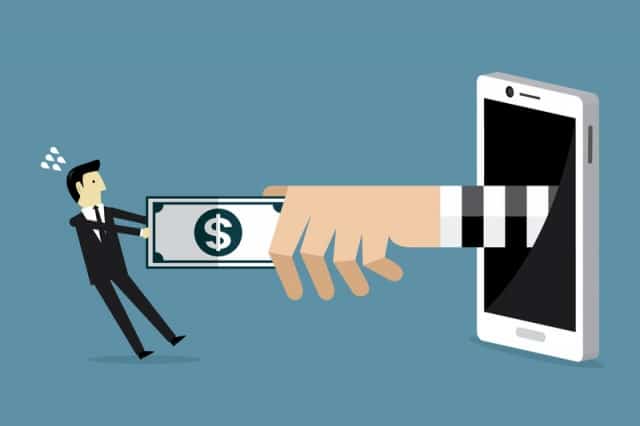Protecting Your Investment Accounts from Fraudsters

As the world relies more on technology with every passing day, the continued emergence of cyber threats and identity theft can be felt by most Americans. Despite the number of fraud incidents decreasing in 2018 relative to 2017, 3.3 million people were responsible for some of the liability of the fraud committed against them, up almost three times as many as 2016*. We’ve seen an uptick in unsuccessful fraud attempts on investment accounts and wanted to offer a few things to keep a watchful eye on.
Beware of Email “Squatters”: Remember when a fraud attempt took the appearance of a Royal Prince who just needed a little help and would reward you handsomely for your time and effort? Fraudsters have upped their game since then and sophisticated schemes such as email “squatting” have become a semi-regular occurrence. An email squatter obtains their victim’s login credentials, studies their life and communication style, and identifies a good target (e.g., a financial institution). The squatter then sends an email from the legitimate email address posing as their victim and requesting a wire transfer for an unplanned reason, like an emergency or a spontaneous trip to Europe, and wants to take their Required Minimum Distribution (RMD) early to fund it. In this example they would then provide updated banking information for where to send the money, cover their tracks so that you never knew they were there, and some unsuspecting financial institutions process the transaction in an effort to please their client. The fraudster may even scour your email box to find a previous distribution form and forge the signature. While ACHs can be retracted within a time frame, wires are typically immediate, making them the ideal conduit for fraud.
While that sounds scary, there are a few safeguards working in your favor. First, financial institutions such as Financial Advisory firms are generally required to take transaction orders verbally at minimum, which means that an email of that nature should be followed by a phone call to verify the legitimacy of the request. Working with an office that knows you and your voice can serve as an advantage, as they likely have a higher chance of identifying the fraud scheme.
Additionally, utilizing cybersecurity best practices such as dual-factor authentication with emails and other logins also serves as protection against this type of fraud, even if it presents a minor inconvenience.
Lastly, utilizing complex and unique passwords for your most sensitive logins helps. Data breaches feel like an almost-daily occurrence and while you may not care that someone has the password to your ESPN account, fraudsters can test that password against other logins that may be more sensitive. Using longer passwords can also combat some of the technology that fraudsters have to quickly test various password combinations.
There is certainly the feeling of inevitability to becoming a victim of identity theft, whether it be random credit card transactions or more sophisticated schemes like this one, but following the industry guidance on cybersecurity and monitoring your accounts regularly can help you mitigate your fraud risk or identify it quickly.
The opinions expressed in this article are those of author and should not be construed as specific investment advice. All information is believed to be from reliable sources, however, no representation is made to its completeness or accuracy. All economic and performance information is historical and not indicative of future results. Any tax advice contained herein is of a general nature. Further, you should seek specific tax advice from your tax professional before pursuing any idea contemplated herein.
Fee-Based Planning offered through W3 Wealth Advisors, LLC – a State Registered Investment Advisor – Third Party Money Management offered through Valmark Advisers, Inc. a SEC Registered Investment Advisor – Securities offered through Valmark Securities, Inc. Member FINRA, SIPC – 130 Springside Drive, Suite 300 Akron, Ohio 44333-2431 * 1-800-765-5201 – W3 Wealth Management, LLC and W3 Wealth Advisors, LLC are separate entities from Valmark Securities, Inc. and Valmark Advisers, Inc.
Certified Financial Planner Board of Standards Inc. (CFP Board) owns the certification marks CFP®, CERTIFIED FINANCIAL PLANNER™, CFP® (with plaque design), and CFP® (with flame design) in the U.S., which it authorizes use of by individuals who successfully complete CFP Board’s initial and ongoing certification requirements.
